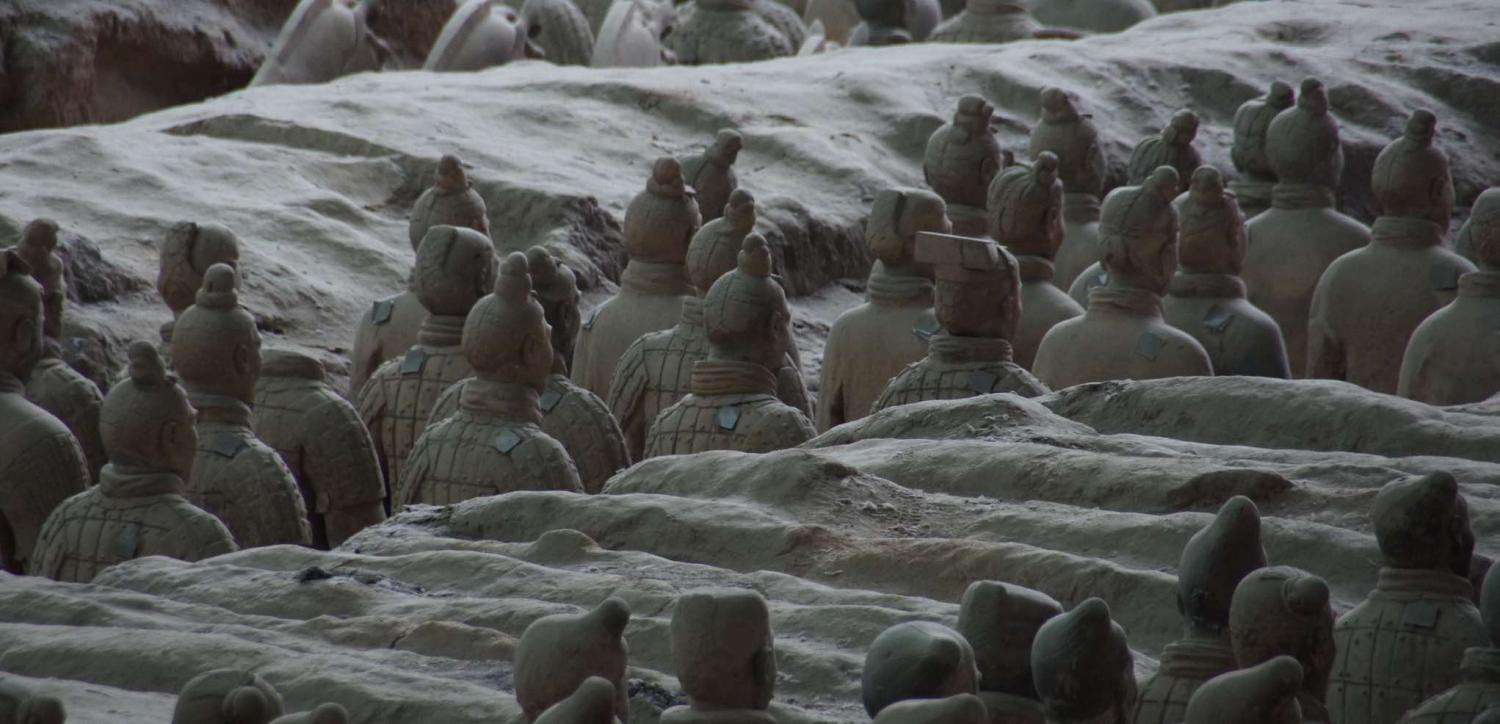Chinese media has reported that the Chinese Ministry of Culture is set to be merged with the National Tourism Association. So what? Well, as Xinhua points out, this is no mere bureaucratic reshuffle. Rather, this is about trying to further build China’s soft power:
[T]he move is aimed at coordinating the development of cultural and tourism industries, enhancing the country’s soft power and cultural influence.
China has had a long history with the notion of soft power, the term coined by Joseph Nye to basically mean “getting another country to want what you want”. As I have argued elsewhere, while the Nye idea of “soft power” as understood in the West did not become popular in Chinese discourse until the late 1990s, the concept is not new to China.
The notion of “using virtue” to attract others to the Chinese cause goes back hundreds, if not thousands, of years. Although the meaning is still contested within Chinese academic and policy circles, the predominant understanding of soft power now is “the ability to win the hearts of the people and of the world”. For the past decade, Chinese culture has been emphasised as the best means of achieving this.
From at least 2004, top Chinese leaders, including former president Hu Jintao, stressed that China should strive to enhance its soft power, and in 2007 the idea of “cultural soft power” (wenhua ruanshili 文化软实力) entered the mainstream discourse. This was the first public pronouncement of the use of “soft power” in Chinese foreign policy.
Interestingly, the emphasis has not been on winning foreign hearts and minds for the purposes of Chinese expansionism. Hu noted in his work report to the 2007 Congress:
enhancing cultural soft power is a basic requirement for realising scientific development and social harmony. It is necessary for satisfying rising demands for spiritual culture and national development strategy.
To distil: if other people don’t like us, we (China, and the Party more specifically) are in trouble.
The emphasis on “global outreach to gain more understanding and support in the international community” has only grown since Hu’s time. President Xi Jinping has intensified the soft power push by investing heavily in “external propaganda” through media, publishing, education, the arts, and sports as a way to create alternative, and more positive, discourses about China around the world.
For a range of reasons, including the still nascent nature of “soft power” in China, as well as the tendency to adopt a top-down approach, the results of China’s soft power efforts are patchy at best. On the Soft Power 30 Index for 2017, China ranked 25th, an improvement on its 2016 position of 28th. (As an aside, in this latest poll, France bumped both the US and the UK to make the top spot. Australia is 8th, New Zealand is 18th.)
However, that ranking does not reflect that China’s efforts to get others to like it (and to want what it wants, too, perhaps) is doing quite well in some countries; for example, in the Pacific and Africa.
It may seem ironic to consider China has been trying desperately to make everyone like it at a time when a number of countries around the world, including Australia, are becoming increasingly sceptical and suspicious of the nation. But as this plan for a departmental merger shows, China’s efforts continue.
This story isn’t over yet.

